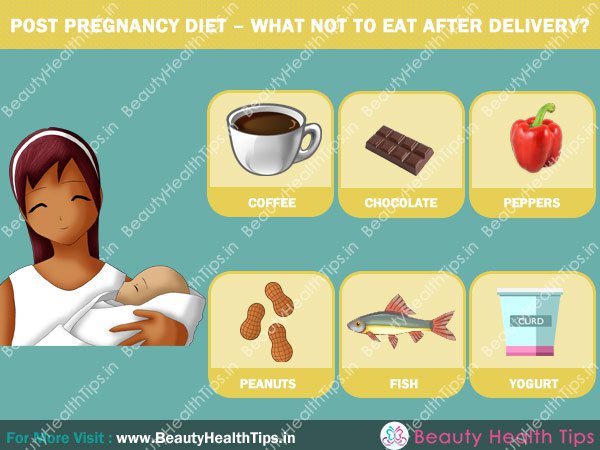Considering herbal remedies for your pregnancy? Stop and read this first!
According to a recent survey, around 10% women use a number of herbal remedies before and during pregnancies, however, most of these are not safe for the mother and the child. With a number of people advising a number of different remedies ranging from experimental drugs to herbal remedies, it can be quite problematic since a number of herbal remedies can be unsafe for use for many women, and particularly so during the stage of pregnancy.
Things to know before using herbal remedies
- It is better to avoid any type of herbs and medicines, apart from the ones that are absolutely necessary when one is trying to get pregnant.
- Ensure that you know what you are consuming. Since the FDA does not regulate any supplements, it is necessary to look for certified products if you are using herbal supplements. It can be better to use fresh herbs instead of supplements. Ensure that supplements are free of phthalates.
- Know what to avoid. Do plenty of research to ensure that you know the drugs that can be harmful for you.
Herbs to avoid
These are some of the herbs that can be dangerous to use in pregnancy and you should steer away from.
- Pennyroyal, generally used as a bug repellent, can induce abortions.
- Saw palmetto increases testosterone activity and should be avoided by women.
- Black cohosh and blue cohosh generally used in menstrual issues and arthritis respectively can induce early labor and uterine cramps and lead to premature birth of the baby.
- Red yeast rice is linked to lowering the cholesterol levels; however it can cause interference in pregnancies.
- Vitex or chasteberry, used for easing PMS symptoms and infertility treatment, can cause hormonal imbalances and should be avoided in pregnancies.
- Red clover, used in treating hot flashes in menopause and have estrogenic properties, which makes it a red flag for use in pregnancy. While tea tree oil and lavender have similar properties, they can be okay for aromatherapy and natural bath products as long as they are not ingested.
- Refrain from using dyes or any other products with synthetic fragrances.
Herbal remedies that are safe to use
There are certain herbs that can be beneficial in pregnancy. The best herbal for different types of common issues associated with pregnancy have been listed below,
Morning sickness
Ginger can be a great herbal remedy for curing morning sickness. Using fresh ginger in food or with chamomile tea can help cure morning sickness. Another great cure can be to use 10-25mg Vitamin B6 supplements daily.
Pregnancy toning
Toning can help prepare women for an easier delivery and using red raspberry leaf tea is a trick midwife often swear by as it can help act as a uterine tonic and helps tone the uterus. With anti-inflammatory properties, this is a great tea to use.
Vitamin K supplements
In hospitals, newborns are often injected with Vitamin K to prevent a condition that causes brain hemorrhaging. Using alfalfa capsules as a Vitamin K boost can help raise the vitamin K levels in the baby’s blood reducing the need for the injection. Consult your doctor before taking these supplements.
Calcium boost
It can be a good idea to use 1200-1500mg calcium citrate supplements across 3 doses daily to prevent preeclampsia which is a life-threatening condition where the blood pressure is raised unexpectedly.
Omega 3 fatty acids
While fish is a good source of omega-3 fatty acids, they can contain traces of PCBs, arsenic and mercury. With very few varieties being safe, it can be a good idea to get fish oil or homemade flaxseed oil to supplement the diet naturally.
Herbal teas
Replace caffeine in your diet with safe, herbal teas since caffeine may increase risk of miscarriage and lower birth weight.
Folic acid and multivitamins
It is a good idea to take prenatal vitamins but eliminate any multivitamin that has extreme doses of vitamins and nutrients which can be harmful for the baby. Use around 800 micrograms folic acid daily. Unless you are anemic, avoid anything with iron.
While generally people associate herbs as being safe, some of them can be dangerous during pregnancies. Using the right and safe herbal remedies is extremely important, especially during your pregnancy. Always seek the opinion of a doctor to ensure any remedy will not interfere with existing medications.





